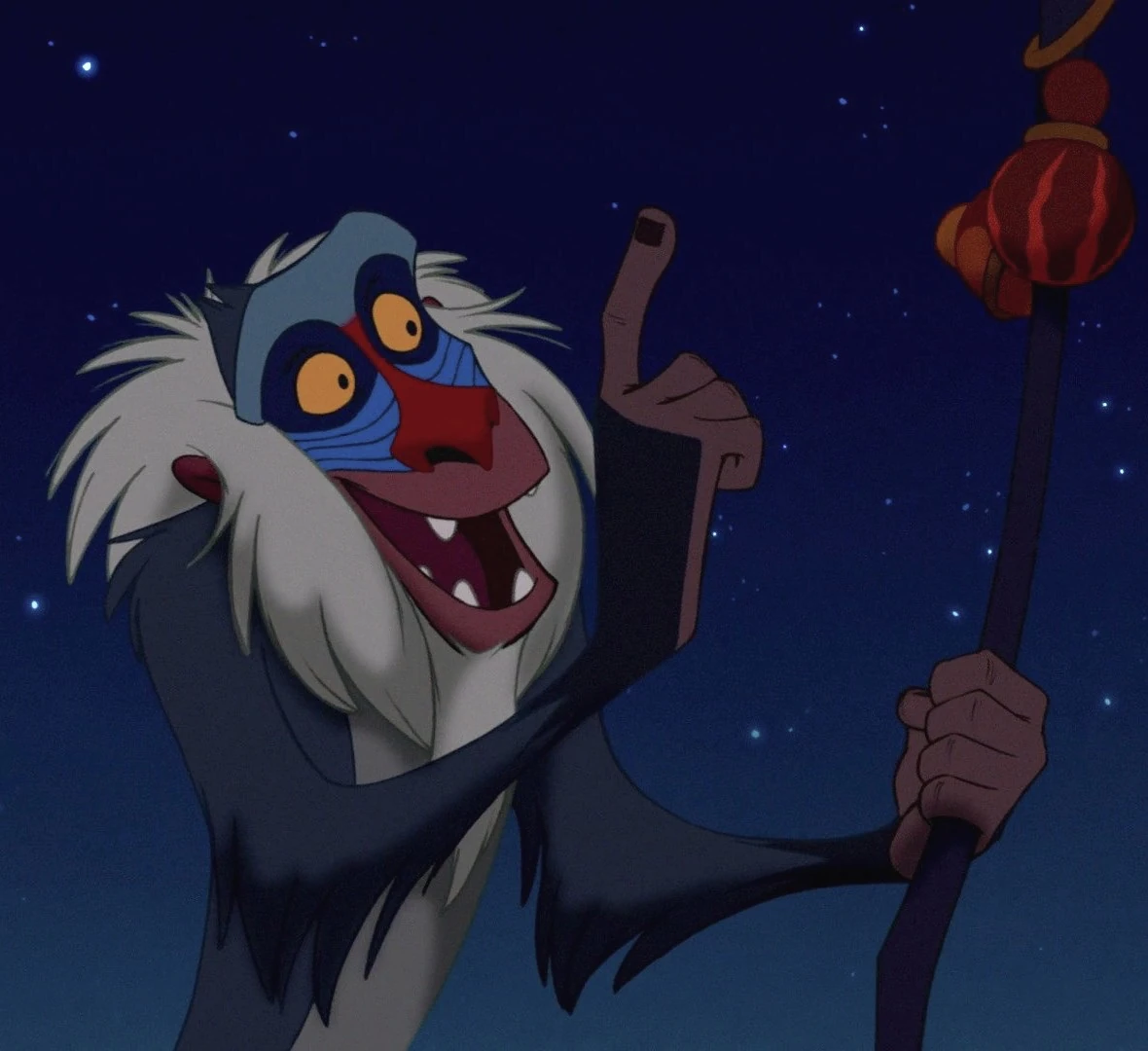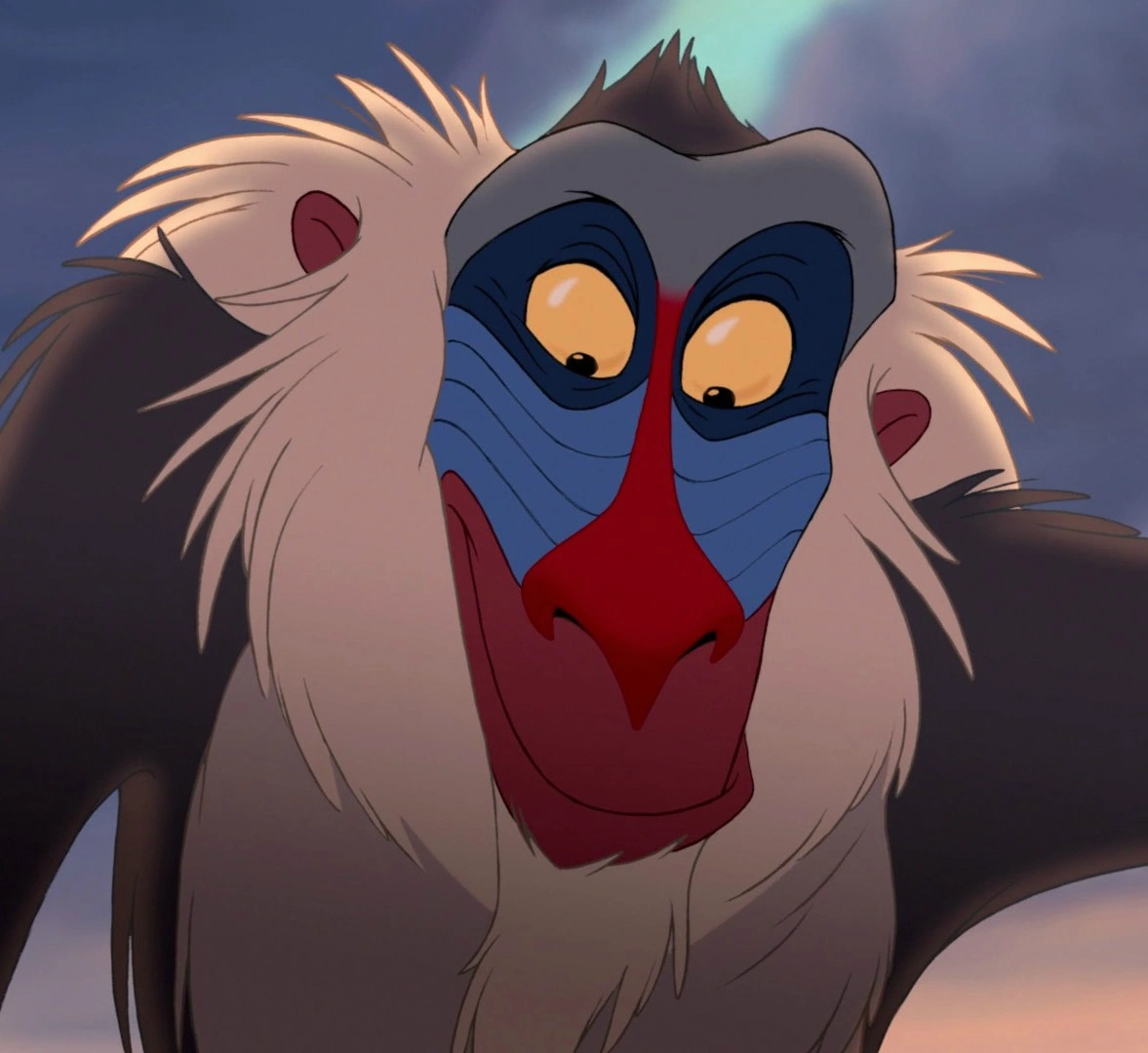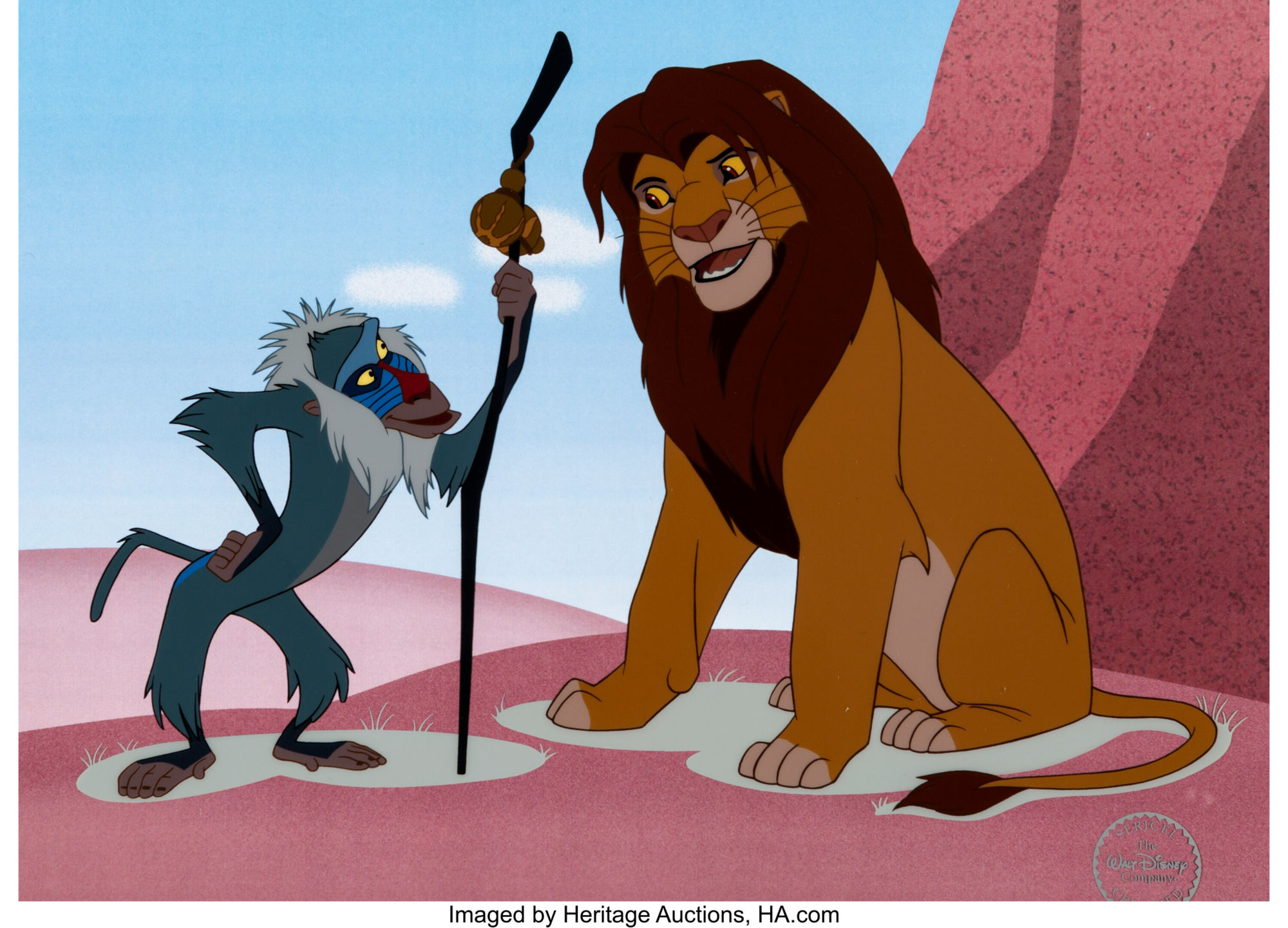What Is Rafiki? Discover The Meaning And Significance Of This Iconic Word
Have you ever wondered what Rafiki means and why it has become such a powerful symbol in pop culture and beyond? If you're like most people, you've probably encountered this word in movies, songs, or even conversations with friends. But there's so much more to Rafiki than just a catchy name from The Lion King. Stick around, because we're about to dive deep into its meaning, origins, and why it matters.
Rafiki is more than just a character or a random word you throw around at parties. It carries deep cultural significance and resonates with millions of people worldwide. In fact, understanding what Rafiki truly means can give you a whole new perspective on friendship, wisdom, and community. So, if you're ready to learn something new and meaningful, let's get started.
This article isn't just about definitions or dry facts. It's about exploring the essence of Rafiki, its cultural roots, and how it connects to our everyday lives. Whether you're a fan of The Lion King, interested in African culture, or simply curious about words that carry weight, you're in the right place. Let's break it down, piece by piece, and uncover the magic behind Rafiki.
Read also:Frutiger Aero Nostalgia A Journey Through Time And Design
Understanding the Basics of Rafiki
What Rafiki Means in Swahili
First things first, let's talk about where Rafiki comes from. In Swahili, Rafiki translates to "friend" or "companion." But it's not just any friend we're talking about here. A rafiki is someone who stands by you through thick and thin, someone who truly cares about your well-being and growth. It's the kind of friend you want in your corner when life gets tough.
This word holds a special place in East African culture, where relationships and community are highly valued. It's not just about casual friendships but about deep, meaningful connections that last a lifetime. Think of it as the ultimate BFF, but with a whole lot more depth and significance.
Why Rafiki is More Than Just a Word
Now, here's the thing: Rafiki isn't just a word you throw around lightly. It represents a philosophy, a way of life. In many African communities, being a rafiki means being selfless, wise, and supportive. It's about being there for others, offering guidance, and helping them navigate life's challenges.
- Rafiki embodies wisdom and experience
- It symbolizes loyalty and trust
- It encourages community and togetherness
So, when you call someone a Rafiki, you're not just saying they're a friend. You're acknowledging their role as a mentor, confidant, and pillar of strength in your life. It's a title that carries weight and respect.
Rafiki in Popular Culture
The Lion King Connection
Let's face it, most of us first encountered Rafiki through Disney's The Lion King. Remember that lovable mandrill who swung around on his stick and gave Simba some much-needed life advice? Yeah, that's Rafiki. But did you know that his character was specifically designed to embody the essence of the word?
In the movie, Rafiki serves as a spiritual guide, a mentor, and a friend to Simba. He teaches him about the circle of life, the importance of remembering his past, and the courage to face his future. It's no coincidence that his name perfectly aligns with the Swahili meaning of friendship and wisdom.
Read also:Discover The Magic Of Adam Lamberts Cds A Journey Through His Musical Legacy
How Rafiki Changed the Game
The character of Rafiki did more than just entertain us; he introduced millions of people worldwide to Swahili culture and language. Before The Lion King, how many of us even knew what Rafiki meant? Now, it's a household name, and the word has taken on a life of its own in pop culture.
But here's the kicker: Rafiki isn't just a cartoon character. He represents something much deeper. He's a symbol of resilience, wisdom, and the power of friendship. And that's why he resonates with so many people, regardless of age, background, or culture.
The Cultural Roots of Rafiki
The Swahili Language and Its Influence
Swahili, also known as Kiswahili, is one of the most widely spoken languages in Africa. It's a Bantu language with influences from Arabic, Persian, and even English. And guess what? Rafiki is just one of the many beautiful words that Swahili has gifted to the world.
But Swahili isn't just a language; it's a reflection of the cultures and communities that speak it. Words like Rafiki carry deep meanings that are rooted in African traditions and values. They remind us of the importance of relationships, respect, and mutual support.
Why Rafiki Matters in African Culture
In many African societies, the concept of community is central to daily life. People don't just live for themselves; they live for each other. And that's where Rafiki comes in. Being a rafiki means being part of a larger network of support, where everyone looks out for one another.
It's not just about individual friendships but about building a strong, interconnected community. In a world that often prioritizes competition and self-interest, the idea of Rafiki offers a refreshing alternative. It reminds us that we're all in this together.
Practical Applications of Rafiki in Daily Life
Building Stronger Relationships
So, how can you incorporate the spirit of Rafiki into your own life? It's all about fostering meaningful connections with the people around you. Whether it's your family, friends, or colleagues, being a rafiki means being present, supportive, and understanding.
- Listen actively and show empathy
- Offer help without expecting anything in return
- Be a source of wisdom and guidance
Think about the people in your life who have been true rafikis to you. How have they impacted your journey? And how can you pay it forward by being a rafiki to others?
Rafiki in Business and Leadership
Believe it or not, the concept of Rafiki can also apply to the workplace. In today's fast-paced, often cutthroat business world, having a rafiki-like approach can make all the difference. It's about building trust, fostering collaboration, and creating an environment where everyone can thrive.
Leaders who embody the spirit of Rafiki are more likely to inspire loyalty and dedication from their teams. They understand that success isn't just about individual achievements but about lifting others up along the way.
The Psychological Benefits of Being a Rafiki
Why Friendship Matters
Studies have shown that strong social connections are crucial for mental and emotional well-being. Having a rafiki in your life can reduce stress, increase happiness, and even improve physical health. It's not just about having someone to hang out with; it's about having someone who truly understands and supports you.
And here's the best part: being a rafiki is good for you too! When you invest in meaningful relationships and offer your support to others, you create a positive feedback loop of kindness and connection. It's a win-win situation for everyone involved.
Rafiki and Mental Health
In a world where mental health issues are on the rise, the concept of Rafiki offers a powerful solution. It encourages open communication, empathy, and mutual support. It reminds us that we don't have to face our struggles alone and that there are people who care about us and want to help.
Whether it's through formal therapy or simply having a trusted friend to talk to, the rafiki mindset can make a huge difference in how we approach mental health. It's about creating a safe space where people feel heard, understood, and valued.
Conclusion: Embrace the Spirit of Rafiki
So, there you have it – everything you need to know about what Rafiki truly means. It's not just a word or a character from a movie; it's a philosophy, a way of life, and a reminder of the power of friendship and community. Whether you're building stronger relationships, excelling in your career, or improving your mental health, the spirit of Rafiki can guide you every step of the way.
Now, here's the challenge: go out there and be a rafiki to someone today. Reach out to a friend, lend a helping hand, or simply offer a kind word. You never know how much of a difference you can make in someone's life. And who knows? You might just discover that being a rafiki is the best thing you've ever done for yourself too.
So, what are you waiting for? Share this article with your friends, leave a comment, and let's keep the conversation going. Together, we can spread the message of Rafiki and make the world a better, more connected place.
Table of Contents
- Understanding the Basics of Rafiki
- What Rafiki Means in Swahili
- Rafiki in Popular Culture
- The Lion King Connection
- The Cultural Roots of Rafiki
- The Swahili Language and Its Influence
- Practical Applications of Rafiki in Daily Life
- Building Stronger Relationships
- The Psychological Benefits of Being a Rafiki
- Rafiki and Mental Health
- Conclusion: Embrace the Spirit of Rafiki
Article Recommendations


